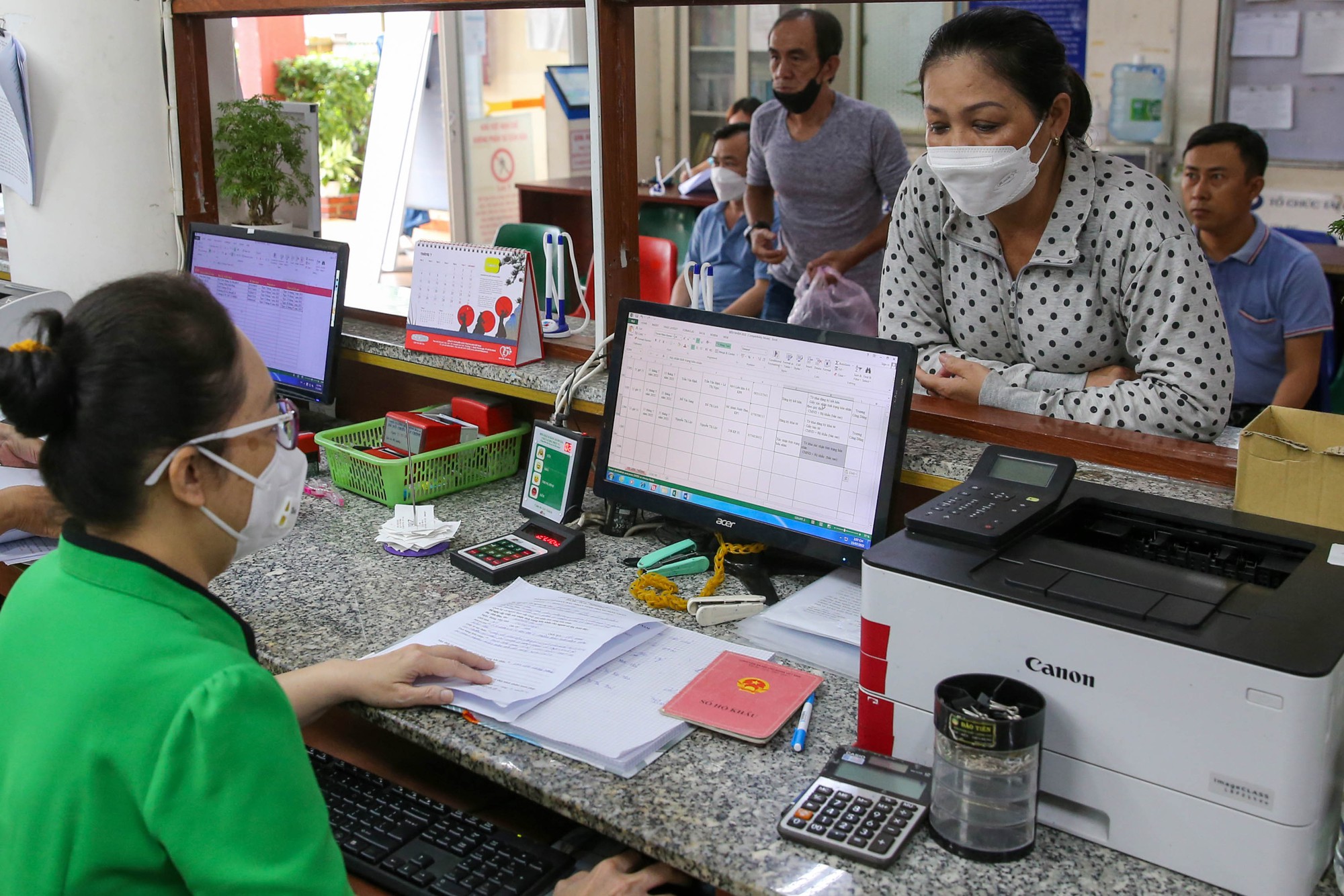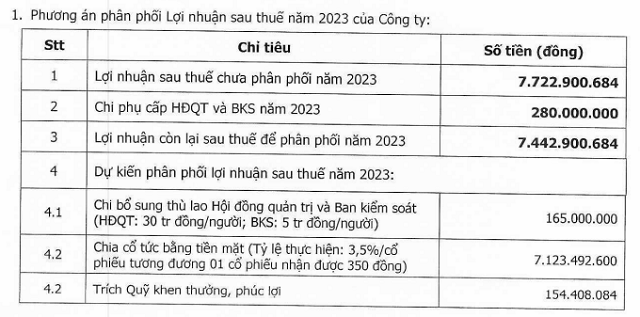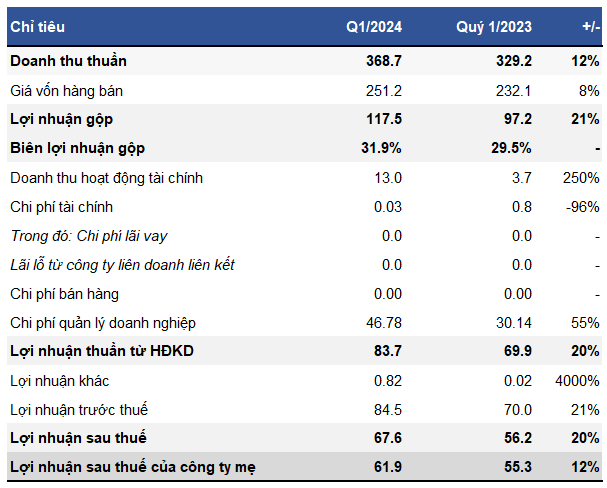The Office of the President convened a press conference on February 19 to announce the President’s promulgation of the revised Land Law and Credit Institutions Law, which were passed by the National Assembly at its fifth extraordinary session.
Ensuring conditions for land price determination
Regarding the Land Law, deputy minister of Natural Resources and Environment, Mr. Le Minh Ngan, stated that the revised Land Law consists of 16 chapters, 260 articles, of which 180 out of 212 articles of the 2013 Land Law have been amended, and 78 new articles have been added.
The leadership of the Ministry of Natural Resources and Environment also highlighted some new points of the law, including in chapter VI, which regulates land withdrawal and land acquisition. According to Mr. Le Minh Ngan, the law has specifically defined cases in which the state withdraws land for the purpose of socio-economic development, public interest, and the implementation of projects for public construction works, state agency headquarters, projects with significant economic impact, mineral resources, underground works, as well as cases where the state withdraws land for auctioning or bidding purposes to increase budget revenues. The law also specifies criteria and conditions for land withdrawal for national defense, security, and socio-economic development for the national interest, and public interest…

People completing procedures related to land titles in Binh Hung Hoa A ward, Binh Tan district, Ho Chi Minh City. Photo by HOANG TRIEU
Regarding compensation, support, and resettlement when the state withdraws land, the new law has amended and supplemented the principles of compensation, diversifying the forms of compensation – including compensation with land with the same purpose as the land being withdrawn, or with money, other land, or houses. The law specifies the principles of “providing housing, ensuring income and living conditions equal to or better than the previous living conditions” through criteria for resettlement in terms of technical infrastructure, social infrastructure, and the location of resettlement. Resettlement areas can be arranged for one or more projects.
Regarding financial regulations on land, land prices, Mr. Le Minh Ngan, deputy minister of Natural Resources and Environment, said that the law has removed the government’s regulation on land price ranges. Instead, the revised Land Law specifically regulates the principles, bases, and methods for land valuation, as well as the construction of annual land price lists to be published and applied from January 1, 2026, and adjusted, revised, and supplemented each year from January 1 of the following year. The construction of land price lists is based on value zones and standardized land plots in areas with cadastral maps and land price databases.
In addition, the law specifically regulates the timing of determining land prices, the timing of land use fees, land lease fees for each case of land allocation, land lease, permission to change land use purposes, extension of land use duration, and changes to land allocation decisions, land lease decisions that modify the area, land use purposes, and land use duration…
According to Mr. Le Minh Ngan, the drafting agency has considered the timing of the first publication and application of land price lists to be at the beginning of 2026 to allow sufficient time to build a database on land, ensuring conditions for the construction of land price lists. “The law was passed by the National Assembly on January 18, 2024, but the land price list will be first published on January 1, 2026. Therefore, we have two years to prepare all necessary conditions,” Mr. Le Minh Ngan emphasized.
The leadership of the Ministry of Natural Resources and Environment also believes that localities need to increase investment in funds, personnel, and solutions to build land databases and the necessary conditions for the first publication of land price lists by 2026.
The need for careful consideration by local authorities
According to Mr. Le Minh Ngan, land without documents will be granted a land use right certificate (red book) if it meets the conditions prescribed in Clause 3, Article 138 of the 2024 Land Law. Households and individuals who have been using the land from October 15, 1993, to before July 1, 2014, without land use rights certificates, and without violating land laws, and are not in the case of invalid land allocation will be granted a land use right certificate if they meet the conditions and are confirmed by the local People’s Committee where the land is located to be free from disputes.
Mr. Le Minh Ngan said that this regulation is based on practical considerations, meeting the requirements of land management. The deputy minister of Natural Resources and Environment emphasized that when granting land use right certificates, it is necessary to ensure that there are no disputes. To implement this, he believes that the role of land management officials in localities is crucial, as they have a clear understanding of changes in land use, land use status, and disputes.
Addressing the concerns of the press about how to facilitate procedures for granting land use right certificates for land without documents, Deputy Minister Le Minh Ngan explained that the regulation in the law is just the first step, and the process of organization and implementation is crucial, along with the legal adherence of the people. Regarding the requirement for determining land without disputes, he said that local authorities need to carefully consider this matter.
In the near future, the Ministry of Natural Resources and Environment will develop a draft decree, which includes regulations on the sequence of granting land use right certificates for land without documents, to minimize inconveniences for the people. “In addition, people need to improve their compliance with the law and propose suitable land use right certificates in accordance with regulations and policies,” Mr. Le Minh Ngan emphasized. The Land Law will come into effect on January 1, 2025.
Addressing deficiencies in credit institution activities
According to Mr. Doan Thai Son, Deputy Governor of the State Bank of Vietnam, the revised Credit Institutions Law consists of 15 chapters and 210 articles. Mr. Son emphasized that the purpose of the law is to improve the legal regulations on the organization and activities of credit institutions, resolve difficulties and shortcomings in the past.
It also aims to strengthen internal self-inspection and control, self-responsibility of credit institutions, enhance transparency in banking operations, and improve the legal framework for handling credit institutions that encounter liquidity risks. The law will come into effect on July 1, 2024.








































